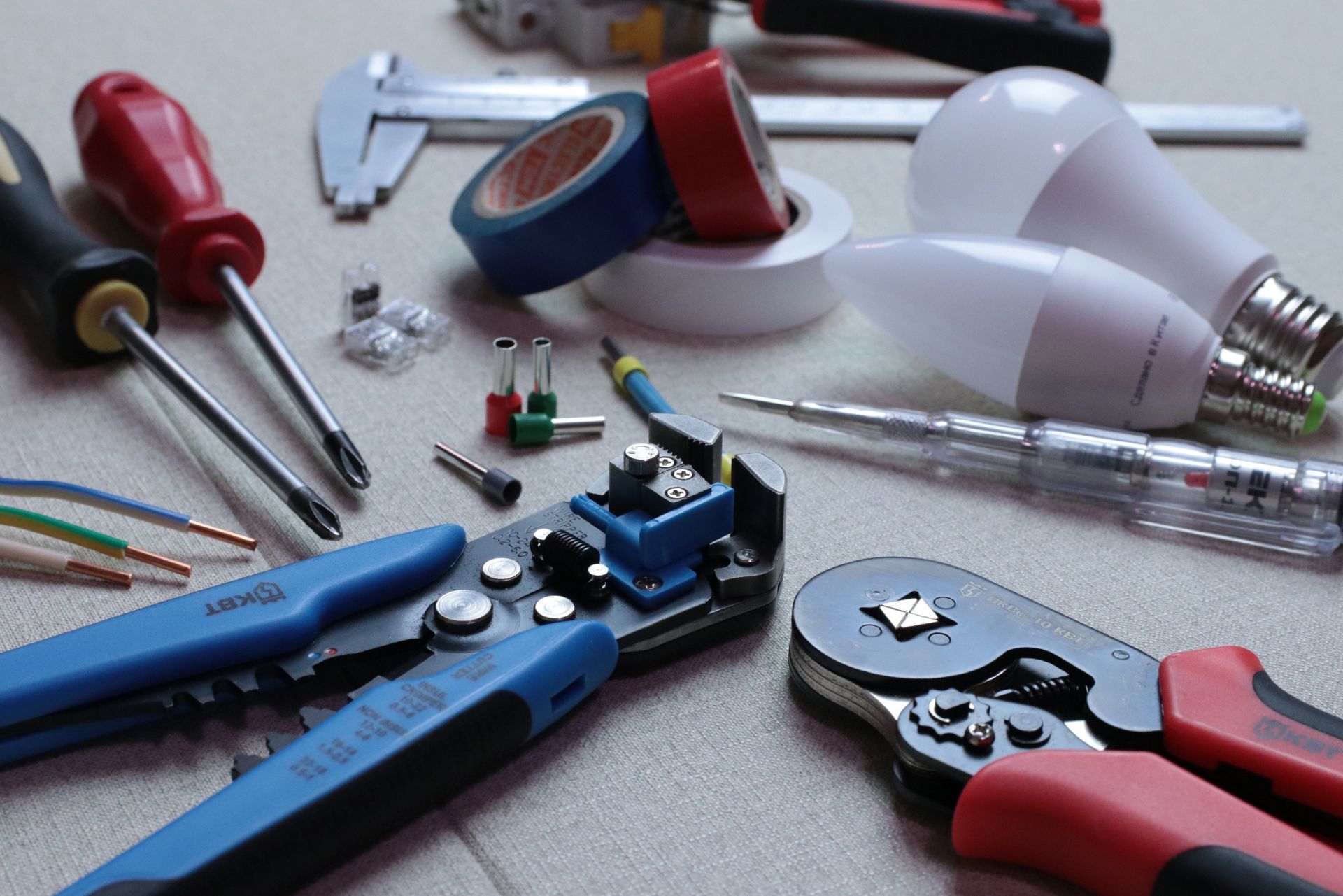Top 3 Recommended Policies
Index
Contact Us
In the state of Texas, electrician insurance is not just a matter of good business practice, it's a necessity. This comprehensive guide will delve into the intricacies of electrician insurance in Texas, providing you with all the information you need to make an informed decision for your business.
Understanding Electrician Insurance
Before we delve into the specifics of Texas electrician insurance, it's important to understand what electrician insurance is and why it's necessary. Electrician insurance is a type of business insurance specifically designed to protect electricians from potential risks and liabilities that can arise from their work.
These risks can range from accidents that result in bodily injury to mistakes that lead to property damage. Without proper insurance, an electrician could find themselves facing hefty legal fees and damage costs that could potentially bankrupt their business.
Types of Electrician Insurance
There are several types of electrician insurance policies that you might consider for your business. These include general liability insurance, workers' compensation insurance, and professional liability insurance.
General liability insurance covers claims of bodily injury and property damage. For example, if a customer trips over your toolbox and gets injured, your general liability policy would cover their medical bills and any legal fees if they decide to sue.
Workers' compensation insurance is necessary if you have employees. It covers medical expenses and lost wages if an employee gets injured or sick on the job. In Texas, it's required by law for businesses with employees.
Professional liability insurance, also known as errors and omissions insurance, covers claims related to the quality of your work. If a mistake in your work leads to a fire or other damage, your professional liability policy would cover the costs.

Electrician Insurance in Texas
Now that we've covered the basics of electrician insurance, let's delve into the specifics of electrician insurance in Texas. The Lone Star State has its own set of rules and regulations when it comes to insurance for electricians, and it's important to understand these to ensure you're fully protected.
In Texas, electricians are required to carry a minimum of $300,000 per occurrence in general liability insurance. This means that your policy must be able to pay out at least $300,000 for each individual claim. Additionally, Texas requires electricians to carry a $600,000 aggregate limit, meaning your policy must be able to pay out a total of $600,000 in claims over the policy period.
How to Get Electrician Insurance in Texas
Getting electrician insurance in Texas involves a few steps. First, you'll need to find an insurance provider that offers electrician insurance. You can do this by searching online or asking for recommendations from other electricians in your area.
Once you've found a provider, you'll need to apply for coverage. This usually involves filling out an application and providing information about your business, such as the number of employees and the type of work you do. The provider will then use this information to determine your premium, or the amount you'll pay for coverage.
After you've applied and been approved for coverage, you'll need to pay your premium and then your coverage will begin. It's important to note that you'll need to renew your coverage periodically, usually every year, to keep it active.

Understanding Your Policy
Once you have your electrician insurance policy in place, it's important to understand what it covers and what it doesn't. As mentioned earlier, general liability insurance covers bodily injury and property damage, workers' compensation insurance covers employee injuries and illnesses, and professional liability insurance covers work-related errors.
However, there are certain things that these policies typically don't cover. For example, general liability insurance doesn't cover damage to your own property or tools. For this, you'd need a separate property insurance policy. Similarly, workers' compensation insurance doesn't cover injuries to you as the business owner. For this, you'd need a personal health insurance policy.
Reading Your Policy
When you receive your policy, it's important to read it carefully to understand what's covered and what's not. Your policy will likely include a declarations page, which summarizes your coverage and limits, and a policy form, which details the terms and conditions of your coverage.
If there's anything in your policy that you don't understand, don't hesitate to ask your insurance provider for clarification. It's important to fully understand your coverage so you know what to expect in the event of a claim.
Conclusion
Electrician insurance is a crucial aspect of running a successful and protected business in Texas. By understanding the types of coverage available and the specific requirements in Texas, you can ensure that you're adequately protected from potential risks and liabilities.
Remember, the best insurance policy is one that fits your business's unique needs. So take the time to research, understand your policy, and consult with an insurance professional to ensure you're making the best decision for your business.






